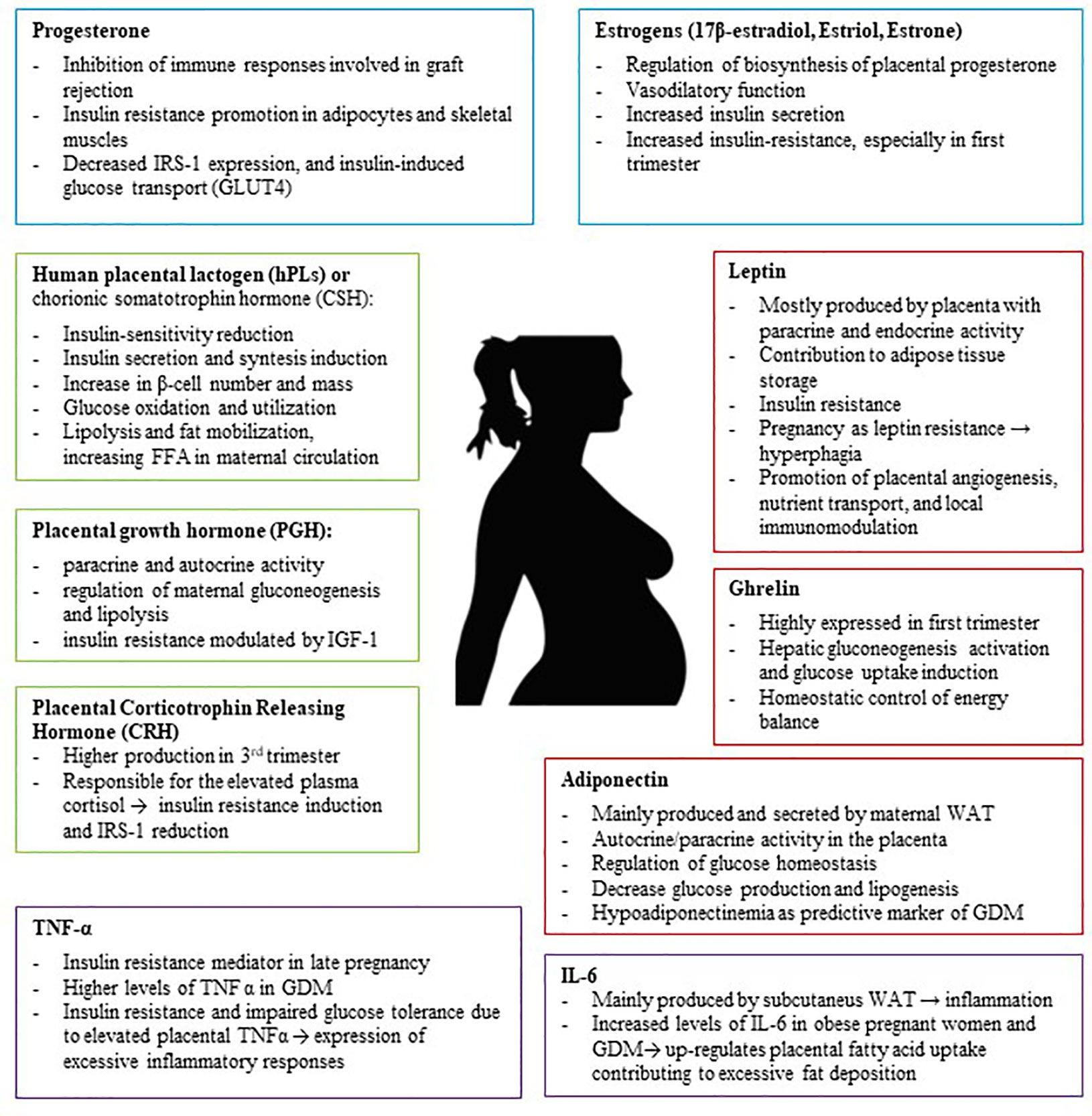
ĭecisions regarding hiring, promotion, training, or dismissal should not be directly or indirectly based on assumptions related to family status. 4), a human rights Board of Inquiry found that a gay man had suffered discrimination based on family status and sexual orientation when he was subjected to workplace rumours, harassment and false accusations because he was the foster parent to an adolescent boy. Because of continuing societal assumptions regarding gender roles, these stereotypes may have particularly significant impact on women in the workforce.Īs well, the stigma that some continue to associate with being a lone parent, a young parent, or an LGBT parent may result in significant disadvantage in the workplace. Negative Attitudes and Assumptions Related to Family Statusīecause of stereotypes and negative attitudes associated with caregiving roles, employers may assume that persons with significant caregiving responsibilities will not be willing to work longer hours, do overtime, or take on challenging or complex projects, and may consciously or unconsciously slot such individuals into workplace roles consistent with these assumptions. The British Columbia Court of Appeal has ruled that there will be a prima facie case of discrimination, and a resulting duty to accommodate, where a change in a term or condition of employment imposed by an employer results in a serious interference with a substantial parental or other family duty or obligation of the employee. M.N.R., Customs and Excise, the Canadian Human Rights Tribunal ruled that employers have a duty to accommodate needs related to family status, including employees’ needs to strike a “fine balance between family needs and employment requirements”. Section 11 provides that requirements that have an adverse impact on employees who are identified by family status will be discriminatory, unless the requirement is reasonable and bona fide, and the employer has accommodated to the point of undue hardship.
Family first act s 3065. code#
Section 5 of the Code requires employers to provide their employees with equal treatment without discrimination because of family status. The recognition of employees’ familial responsibilities is an important element of hiring, retaining, and getting the best possible performances from employees. However, the reality is that all employees will, at some point in their careers, have to juggle the demands of work and caregiving. The corollary to this assumption is the belief that workers who do have substantial caregiving obligations are in some way inferior and undesirable employees. Work schedules, policies and benefits all too often reflect the assumption that employees do not have substantial caregiving obligations.

To a significant degree, the workplace is still built on the assumption that families are composed in a ‘traditional’ fashion, of two married heterosexual parents, one of whom is providing full-time caregiving for children, aging relatives, and other family members as necessary.


 0 kommentar(er)
0 kommentar(er)
